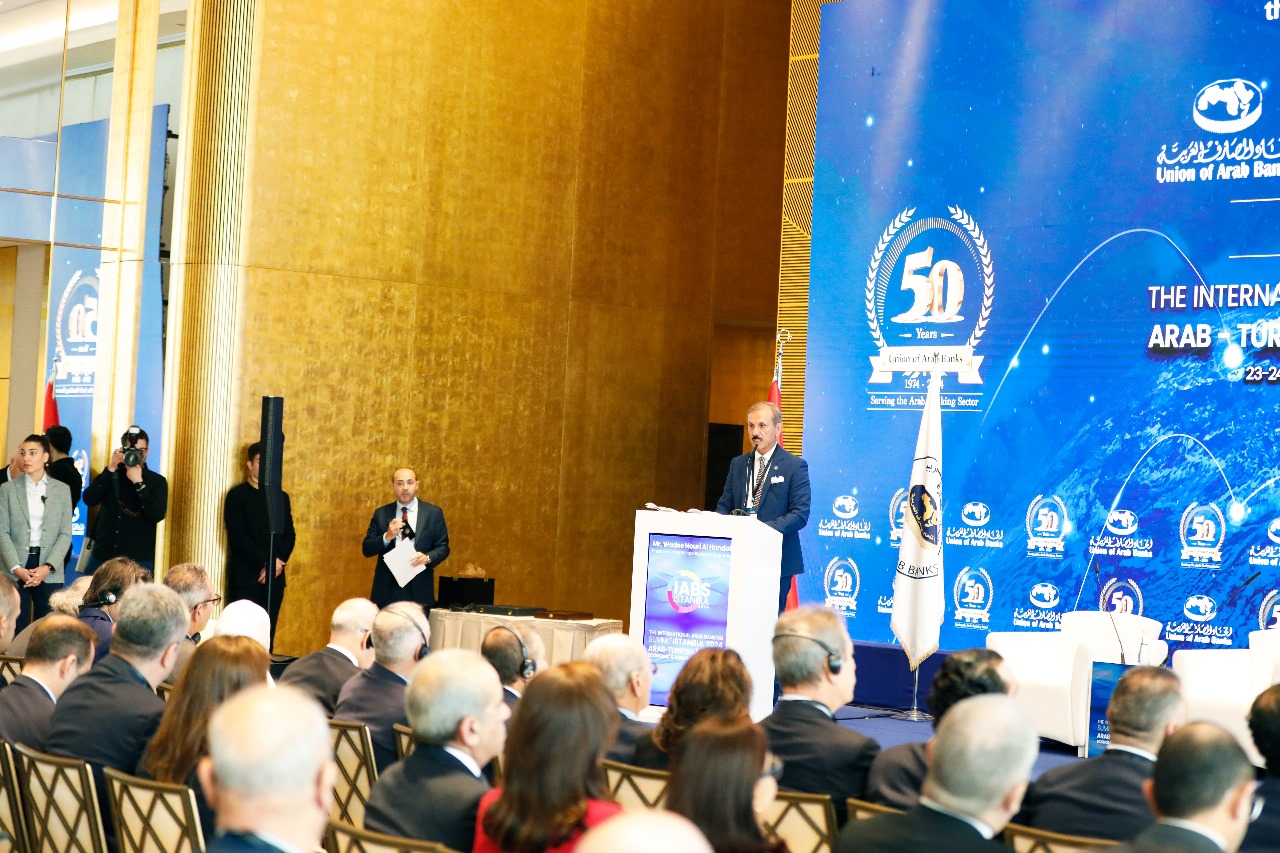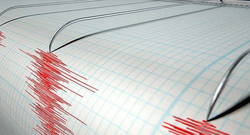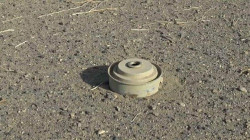Iraq reiterates commitment to anti-money laundering efforts, seeks investment for Development Road

Shafaq News/ Wadih Al-Hanjal, head of the Iraqi Private Banks Association, reiterated Iraq's commitment to combating money laundering and called for international support for investments in the Development Road project during his participation at the Arab-Turkish Summit in Istanbul on Thursday.
Al-Hanjal led an Iraqi delegation to the summit, which focused on discussions surrounding the Development Road, a major infrastructure project linking Turkiye to the Gulf via Iraq.
According to a statement from the association, Al-Hanjal urged for swift decisions to "change the economic face of the region."
He emphasized Iraq's policy of "economic openness to all countries," seeking to establish a robust network of economic partnerships and attract foreign investment for infrastructure development.
Al-Hanjal commended the flourishing state of bilateral relations between Iraq and Turkiye, citing a trade volume of $20 billion in the past year and strong cooperation between Iraqi and Turkish companies on strategic projects within Iraq.
He expressed optimism that the recent visit of Turkish President Recep Tayyip Erdogan to Iraq would yield positive results for the Arab region, particularly regarding the Development Road initiative.
"The Development Road project has the potential to revolutionize cargo transportation between East Asia and Europe and significantly reduce shipping duration from Faw Port to Europe by 15 days compared to existing routes," he said. "Additionally, it would lead to cost reductions in insurance and transportation fees, ultimately benefiting consumers through lower final product prices. Beyond its economic impact, the project is expected to generate over 100,000 direct jobs through the establishment of large-scale factories within Iraq."
The Development Road envisions a network of land and rail routes connecting China, India, the United Arab Emirates, Qatar, Iraq, Turkiye, and ultimately Britain. This ambitious project, estimated to cost $17 billion, has the potential to transport 15 million passengers and over 22 million tons of cargo annually, while generating an estimated return of $5 billion annually for Iraq.
Al-Hanjal called on Arab and foreign banks to participate in financing these investments, emphasizing the importance of sovereign guarantees to expedite project development and achieve regional growth. He acknowledged the successful collaboration between the Central Banks of Iraq and Turkiye in adopting the Turkish lira and the euro for financing bilateral trade.
Despite the challenges, Al-Hanjal highlighted "resilience" of the Iraqi private banking sector. He noted that some banks facing difficulties with dollar transactions continue to operate using other currencies to meet customer needs. "The sector is actively expanding its range of services, contributing to a rise in financial inclusion rates across the country."
Al-Hanjal commended the Central Bank of Iraq's successful monetary policies, which have brought inflation down from 7.5% to 3.8%. He said "Iraq's robust foreign currency reserves exceeding $111 billion and its gold holdings surpassing 145.6 tons, solidify its position as the fifth-wealthiest Arab nation in terms of reserves."
Al-Hanjal called for decisive action to "change the economic face of the region" and offer hope to populations grappling with inflation, rising prices, and foreign investor flight. He reaffirmed Iraq's commitment to combating money laundering and financing terrorism, citing its compliance with the Middle East and North Africa Financial Action Task Force (MENA FATF) standards. He also praised the Central Bank and the Iraqi judiciary for their role in maintaining Iraq's international standing in the fight against money laundering and terrorist financing.





